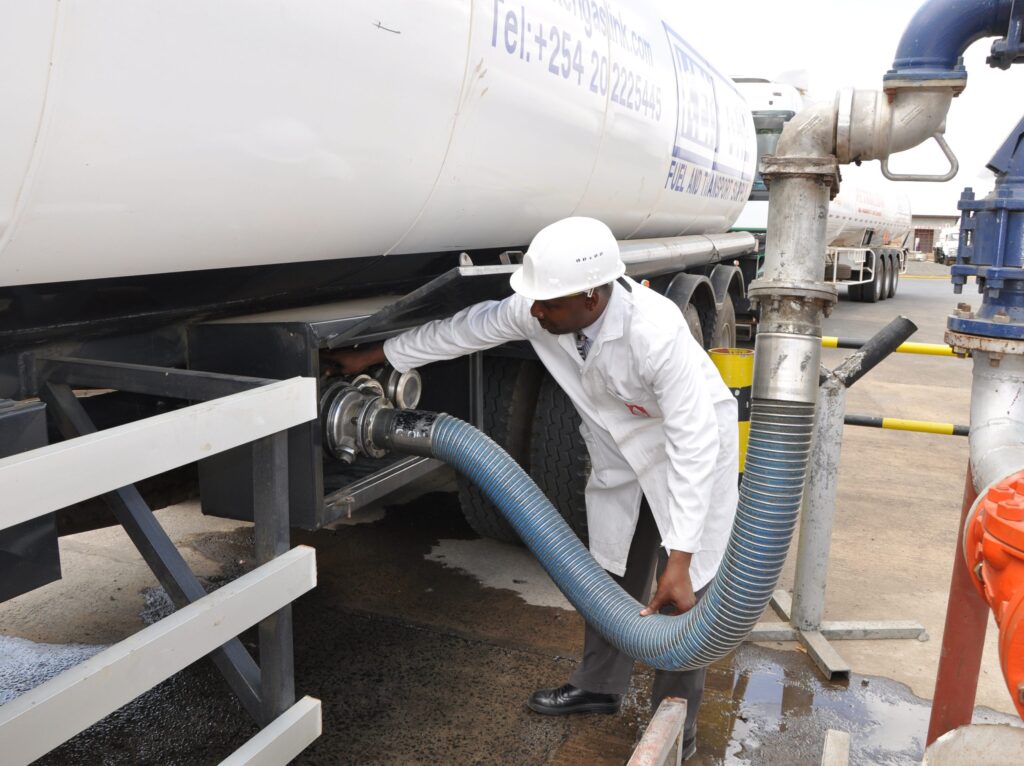Every drop of fuel pumped through Kenya Pipeline Company’s (KPC) network undergoes rigorous checks to ensure it meets global quality standards before reaching motorists, industries, and airlines. From advanced laboratories to 24-hour control room surveillance, KPC plays a critical role in protecting not just engines but also lives, public confidence, and the national economy.
“At the heart of our work is quality surveillance,” explains Arnold Dando, a chemist at Nairobi Terminal. “We check the quality of products before they arrive at the source, during transportation, and at delivery, ensuring they consistently meet specifications.”
KPC operates multiple ISO 17025-accredited laboratories in Mombasa, Nairobi (petroleum and environmental labs), and at key pumping stations (PS25, PS27, and PS28). This accreditation means their test results are internationally valid and can be defended with objective evidence. The labs run around the clock, aligning with the continuous flow of products through the pipeline.
KPC transports petrol, diesel, and jet fuel through a single pipeline, a technically demanding process since different grades create “interfaces” where they meet. These interfaces, if not carefully managed, can contaminate products. “We separate them from pure product and, where possible, cut similar-grade interfaces directly into the main tanks,” says Dando.
Testing methods range from manual distillation used to check volatility characteristics critical for engine performance to automated systems that increase efficiency without sacrificing accuracy. For jet fuel, a Microseparometer (MSEP) is employed to assess water separation ability. “If fuel contains water, it can crystallise at zero degrees, blocking aircraft filters and potentially causing engine failure at altitude. That’s catastrophic,” warns Dando.
Beyond fuel quality, KPC’s environmental laboratory monitors soil, water, and other samples to ensure the company complies with environmental regulations. Like its petroleum labs, it is ISO 17025-accredited, giving credibility to its findings.
With a combination of human expertise, automated technology, and international standards, KPC ensures that the fuel driving Kenya’s economy is safe, reliable, and clean. As Dando notes, quality control is not just a technical requirement it is a matter of national safety.

